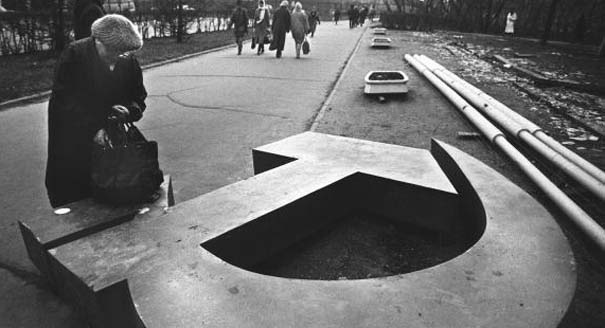In a rare sit-down interview, Lilia Shevtsova asks former Soviet president Mikhail Gorbachev to reflect on the fall of the Soviet Union, U.S. actions in the last twenty years, and Putin and Medvedev’s roles in Russia today.
Causes and Implications of the End of the Soviet Union
Mikhail Gorbachev reflects on the fall of the Soviet Union, U.S. actions in the last twenty years, and Putin and Medvedev’s roles in Russia today.
Published on October 12, 2011
More work from Carnegie
- commentaryTaking the Pulse: Is the EU Too Weak to Be a Global Player?
Beset by an increasingly hostile United States, internal divisions, and the threat of Russian aggression, the EU finds itself in a make-or-break moment. U.S. President Donald Trump calls it a decaying group of nations headed by weak leaders. Is Europe able to prove him wrong?
- commentaryHaiti Is in a Crisis of State Capacity
Perhaps the most consequential contribution the international community can make is not an enlarged foreign military footprint, but equipping Haitian institutions to manage their own security.
- commentaryTrump’s Peace Lessons for Europe
U.S. President Donald Trump’s claims to have ended eight wars may be debatable, but his peace efforts raise valid questions. Europe can learn lessons from Washington on how to break the deadlock in protracted conflicts.
- commentaryU.S. Peace Proposals Would Give Ukraine a Remarkable Strategic Outcome
If anything, U.S. security guarantees risk promising too much to be credible.
RÆSON - commentaryDon’t Panic Yet Over AI Chip Sales to China
Trump can still keep America’s edge in the AI race.





